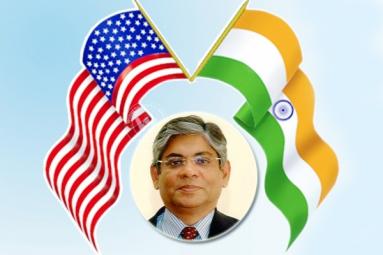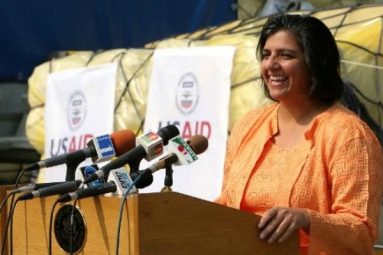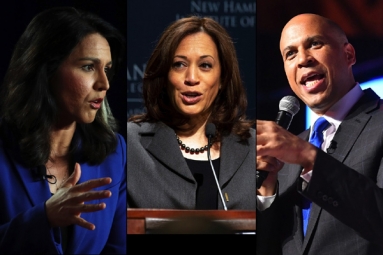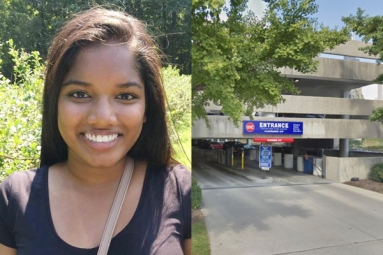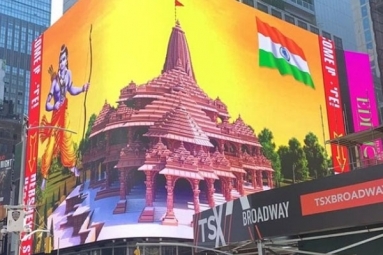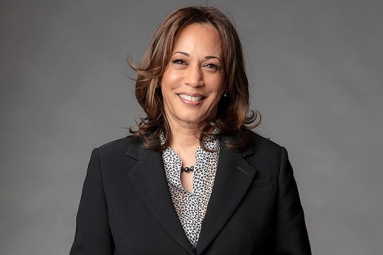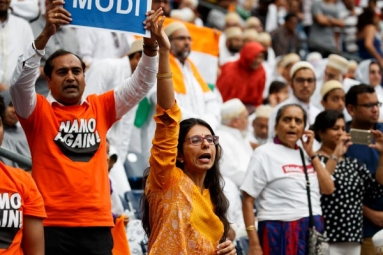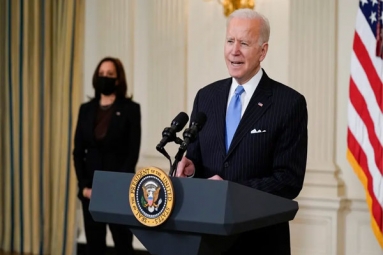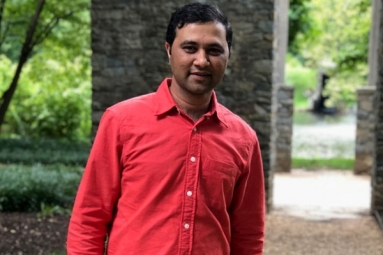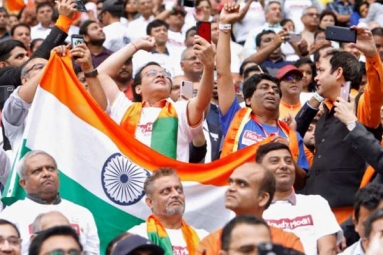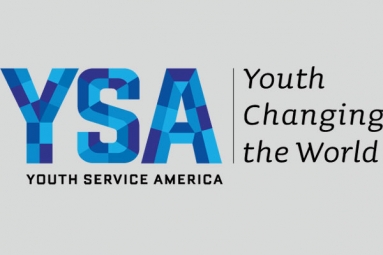
(Image source from: })
Do the people settled in advanced nations dislike to be called with origin and root? It could be a reasonable thing and issue for them but it really hurts the people of their (overseas settler’s) motherland.
The government of India and associations from India are stressing for promoting India and heritage worldwide for bringing back the talent and opportunities by inviting them for investment, job creation, and industrial establishments. Government is striving to encourage NRIs and Indian-origin community for strengthening economy, technology and skills in India by offering subsidies, relaxed norms, and better infrastructural facilities.
Indians abroad are also responding in a well manner for the government’s initiatives. During this positive sign from the community, America’s Louisiana Governor Bobby Jindal has said that he loves to be called American rather than India – American as his parents gone to the US from India four decades ago to become citizens or locals of America, while specially mentioning in a prepared speech that he is going to give at the Henry Jackson Society in London, on Monday.
He didn't believe in hyphenated identities Indian-American, Italian-American, Mexican-american, etc. according to the remarks in his speech. Jindal, the first Indian-American Governor of any American state, will call for immigrant assimilation to strengthen countries and protect freedom, according to his office release.
"My parents came in search of the American Dream, and they caught it. To them, America was not so much a place, it was an idea. My dad and mom told my brother and me that we came to America to be Americans. Not Indian-Americans, simply Americans," Jindal mentioned in the prepared speech.
"If we wanted to be Indians, we would have stayed in India. It's not that they are embarrassed to be from India, they love India. But they came to America because they were looking for greater opportunity and freedom," written, for explaining the reason why he does not like to be called or described as an Indian-American.
"I do not believe in hyphenated Americans. This view gets me into some trouble with the media back home. They like to refer to Indian-Americans, Irish-Americans, African-Americans, Italian-Americans, Mexican-Americans, and all the rest. To be clear ? I am not suggesting for one second that people should be shy or embarrassed about their ethnic heritage," he said.
"I am explicitly saying that it is completely reasonable for nations to discriminate between allowing people into their country who want to embrace their culture, or allowing people into their country who want to destroy their culture, or establish a separate culture within," he said.
"It is completely reasonable and even necessary for a sovereign nation to discriminate between people who want to join them and people who want to divide them. And immigration policy should have nothing at all to do with the color of anyone's skin. I find people who care about skin pigmentation to be the most dim-witted lot around. I want nothing to do with that," he said.
"The first step for America and for any nation that wants to protect its own freedom and encourage it everywhere is to have a strong economy. When the United States became a major economic power at the end of the 19th century, it had the means to become a major military power and to become a leader in the free world," Jindal said.
American foreign policy must always be freedom and the relentless pursuit of freedom for our people, and for all people, regardless of race, creed, religion, ethnicity, or any other artificial divisions, which humans use to divide one from another, Governor said in his Speech.
"America must always be a beacon of freedom throughout the world. I'm not naive enough to suggest that the entire world will ever be free, but I'm also completely opposed to ever giving up on the notion that all people everywhere in the world deserve and desire to be free," he said.
"The next principle is of course security. America must and will pay any price to defend itself and to defend its allies. No two countries are the same, but those countries that value freedom and democracy and civility and decency must band together, and must defend each other," he said.
"Those countries that desire security and harbor no ill- will toward their neighbors must stick together in an increasingly dangerous world. The third principle that is crucial is truth. We must speak the truth, to each other, and to our own countrymen," he said.
"When a country or a movement is behaving badly on the international stage, we must not pretend otherwise. You cannot remedy a problem if you will not name it and define it. One of the most prominent examples in our day is ISIS and all forms of radical Islam. These people have no legitimate claim, they have no justification for their cowardly, barbaric, and inhuman behavior, and we must not pretend otherwise," Jindal said.
It can said that his prepared speech emphasizing on the Anti-Racism, isolation, variation, mis-identity or wrong-identity of many, who are facing severe criticism by native Americans and domestic people of advanced nations. We cannot draw the wrong notion from his speech, which is yet to given. His emarks may boost the happiness of settlers or workers in advanced countries. But certainly calls the attention of developing and under-developed nations, from where actually they are hailing.
AW: Kannamsai








